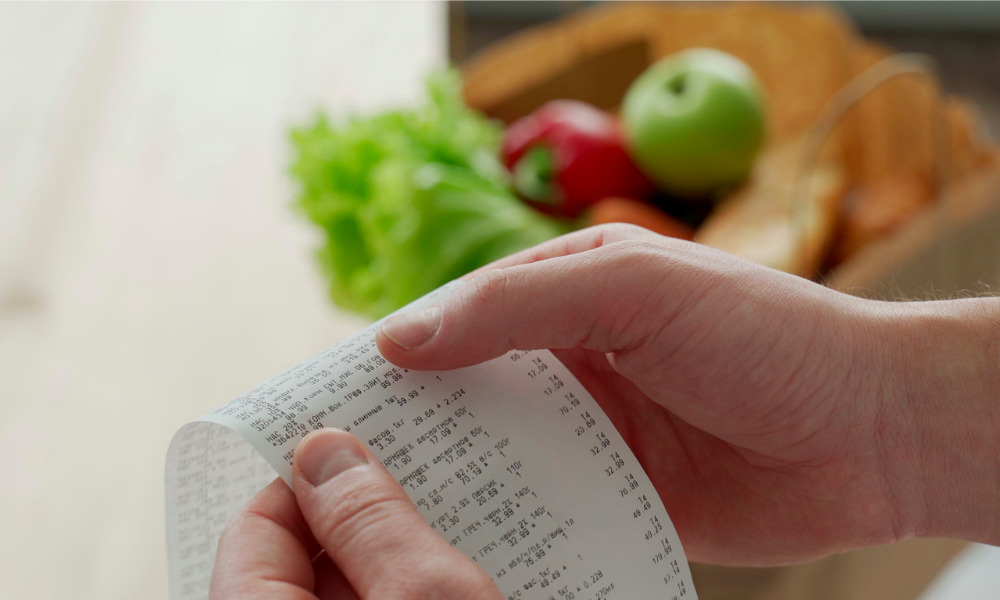Low- and middle-income Kiwis to get $350 over three months to help them with cost-of-living crisis

The New Zealand government has committed to giving low- and middle-income Kiwis $350 over three months to help them with the cost-of-living crisis, but ASB doesn’t believe the extra budget spending will have much effect on inflation, which is now at a 30-year high of 6.9%.
Read more: When will Kiwis feel the full impact of interest rate hikes?
The support package, which will cost around $1 billion, will be paid out to some 2.1 million Kiwis.
“They boosted both Crown expenditure and revenues, and were part of the delayed return to surplus now projected (for 2024/25),” ASB told Newshub. “Spending allowances were higher, but the reality of 7% inflation means that much of this was simply running to stand still. While the extra spending will add to inflationary pressures, we think the effect will be at the margin given everything else going on.”
The bank noted that the fiscal impulse – a summary measure of the net effect of fiscal settings on the economy – “is about to flip into net contractionary territory and remain there, albeit less so than projected in December’s HYEFU [Half Year Economic and Fiscal Update].”
ASB also said that while the cost-of-living support package will help soften the inflationary blow on household budgets, this is just a band-aid and not a cure; that it is the responsibility of the Reserve Bank to cut the causes of inflation.
ASB’s inflation predictions differed from what the National and ACT parties claimed.
National leader Christopher Luxon said interest rates will have to increase due to the government’s “wasteful” spending and how it’s incapable of financial discipline, Newshub reported.
Prior to the OCR hike on Wednesday, which saw it reach 2%, an increase of 50 basis points, Luxon said an increase of this size was the right course of action, given high inflation expectations.
Read next: Reserve Bank of New Zealand lifts official cash rate
Luzon told RNZ that he would prefer the central bank was set on getting inflation to return to the 1-3% band, but Treasury was predicting it wouldn’t get back to 3% until 2025.
“So inflation’s with us for some time,” he said, adding that while NZ wasn’t at the top of the worst inflation-affected countries in the world, not enough is being done by the government to rein in the factors that affect domestic inflation, Newshub reported.
ACT leader David Seymour pointed to the government’s spending as a contributor for the record inflation.
“The government hasn’t done its job, so now [Reserve Bank Governor] Adrian Orr is doing his,” Seymour told Newshub. “The problem is Adrian's way will hurt. Kiwi families are facing record prices for everything they buy, while their mortgage rates are increasing as the Reserve Bank makes up for the government’s out of control spending.”
Both parties were continuing to push for tax relief, with National wanting to adjust the income tax thresholds to inflation, while ACT hoping to simplify the tax system by creating only two tax thresholds.
High levels of inflation affect people differently, the Greens said, which often means low-income families struggle to pay rent and put food on the table.
“RBNZ is stuck between a rock and a hard place now because of the action they took during the pandemic, so it’s important to review the economic response to COVID-19, both positive and negative, of the government and the RBNZ,” Julie Anne Genter, finance spokesperson, told Newshub. “An inquiry would provide insights for the remaining stages of this pandemic and help the government respond to current and future economic challenges. The government's reliance on the Reserve Bank's lowering of interest rates to boost demand in the economy has had the unwanted side-effect of pushing up house prices across the country. The combination of monetary and fiscal policy led to the biggest transfers of wealth to the richest New Zealanders, who still do not pay their fair share of tax.”



